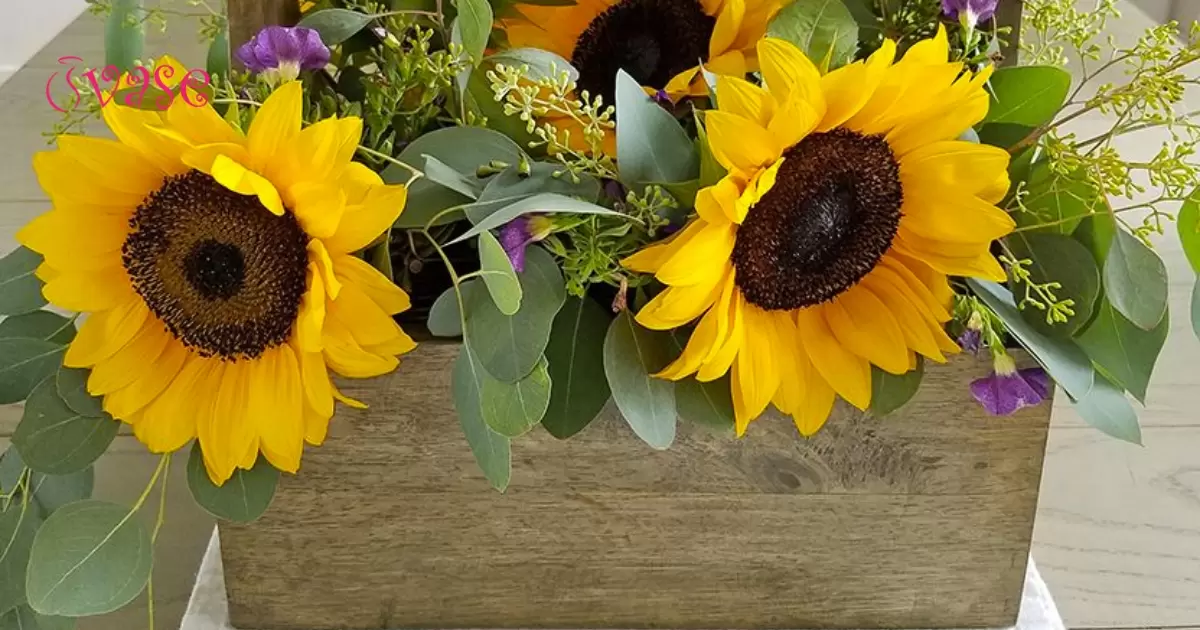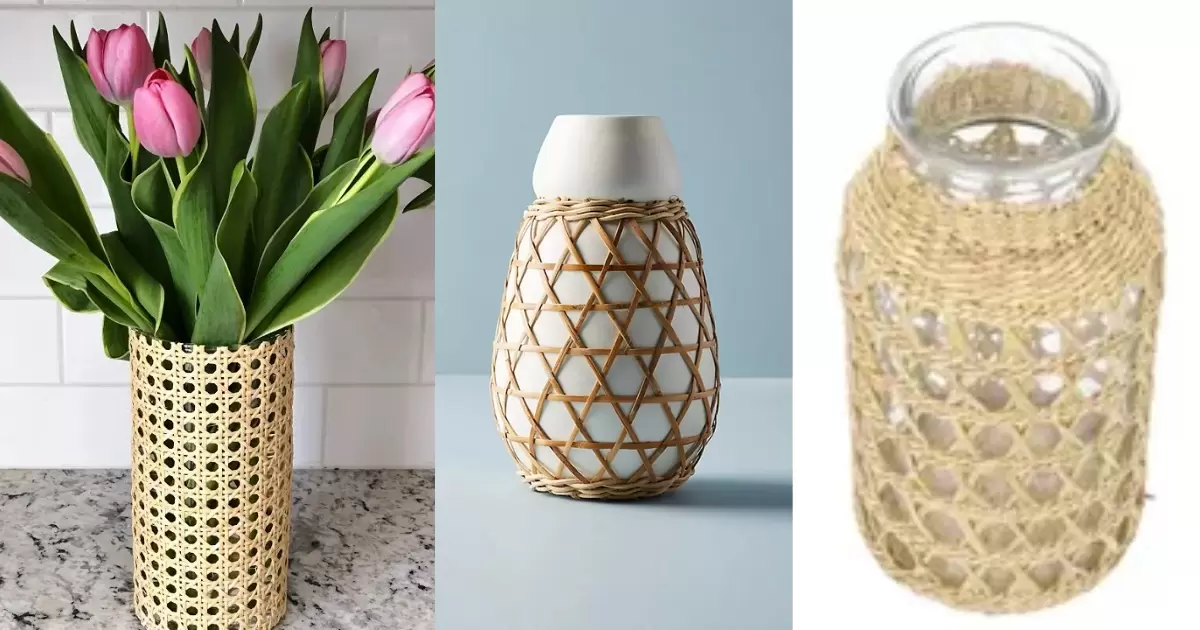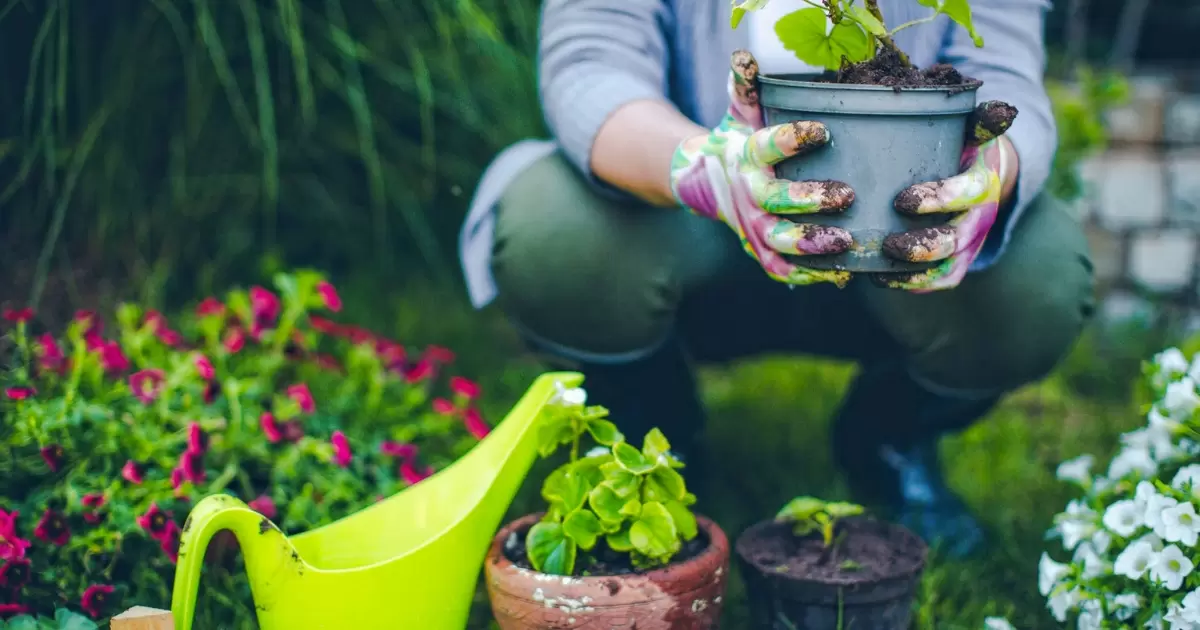To arrange sunflowers easily, pick a sturdy vase and trim the stems at an angle. Remove any excess leaves that might be below the water line. Place the sunflowers in the vase, making sure they stand upright. Add water and change it regularly to keep your sunny bouquet looking fresh.
Sunflowers brighten any home. Their large, vibrant yellow petals with brown centers make beautiful bouquets or arrangements. Planning makes the process easy. With just a few key steps, a colorful display of fresh sunflowers can be created to enjoy for days.
These flowers are popular for displaying around the home. They bring in cheerful summer energy. Creating a bouquet or arrangement requires little effort. Cut and clean all stems before placing them in water and a preservative solution. Use fresh sunflowers and a suitably sized vase for beautiful results. Back behind others with each step.
Growth and Habitat
Sunflowers thrive in sunny locations with well-drained soil. Their vibrant growth unfolds best under full sunlight, soaking up the warmth. These hardy plants can adapt to various soil types, making them versatile additions to gardens.
When cultivating sunflowers, consider spacing them apart to allow ample room for growth. These resilient plants can reach impressive heights, with some varieties towering over others. Once they've reached their peak, knowing how to cut sunflowers for a vase can extend their beauty indoors for days.
Ideal Growing Conditions
Sunflowers flourish in simple and ideal growing conditions. Choose a sunny spot with well-drained soil for optimal results. These resilient plants thrive in direct sunlight, soaking up the warmth to fuel their growth.
When planting, consider the soil. Sunflowers prefer it to be moderately fertile and not overly moist. Aim for a pH level between 6.0 and 7.5 for the best growth. With minimal effort and attention to these basic needs, you can create the ideal environment for sunflowers to reach their full potential, bringing natural beauty and warmth to your outdoor space.
Sunflowers And Sustainable Practices
Sunflowers align seamlessly with sustainable practices in various ways. Their ability to adapt to different soil types and their resistance to pests reduce the need for excessive chemical interventions, promoting eco-friendly agriculture.
Sunflowers also contribute to sustainable landscaping by preventing soil erosion with their extensive root systems. It plays a role in sustainable food production. As a crop, they offer not only edible seeds but also oil, promoting a more diversified and locally sourced food supply.
Agricultural Importance
Sunflowers hold significant agricultural importance due to their versatile uses. Farmers cultivate them for both edible seeds and oil extraction, contributing to various industries. The oil extracted from sunflower seeds is a healthy cooking oil option, rich in essential fatty acids and low in saturated fats.
Beyond their culinary uses, sunflowers also play a role in sustainable agriculture. They are employed in phytoremediation, helping to extract toxins from the soil and water. With their economic value and environmental benefits, sunflowers stand out as a valuable and multifaceted crop in the agricultural landscape, contributing to human nutrition and environmental health.
Sunflower Oil Production
Sunflower oil production is a crucial aspect of the agricultural significance of these radiant blooms. The oil extraction process begins with harvesting mature sunflower heads, typically when the flowers have wilted and the seeds are fully developed. After harvesting, the seeds are cleaned and dried before undergoing the extraction process.
The extraction involves crushing the seeds to release their oil content, which is then refined to produce the final sunflower oil. This versatile oil is not only a staple in cooking but also finds use in various industrial applications. From farm to kitchen and beyond, the journey of sunflowers highlights their importance in providing a valuable and widely used cooking oil.
Types of Sunflowers
|
Type |
Arrangement |
Description |
|
Dwarf Sunflowers |
Easy |
Compact with vibrant blooms, ideal for small arrangements. |
|
Giant Sunflowers |
Moderate |
Long stems and large blooms, great for impressive centerpieces. |
|
Multi-headed Sunflowers |
Easy-Moderate |
Produce several blooms on a single stem, providing a fuller look. |
|
Pollenless Sunflowers |
Easy |
No pollen, reducing the risk of stains, available in various sizes and colors. |
|
Decorative Sunflowers |
Easy |
Unique shapes and colors for versatile floral designs. |
Sunflowers And The Environment
Sunflowers contribute positively to the environment in various ways. Their extensive root system helps prevent soil erosion, making them valuable in maintaining soil health. They are known for their ability to absorb toxins from the soil and water, acting as natural purifiers.
Beyond their role in phytoremediation, sunflowers are vital in supporting pollinators like bees and butterflies, enhancing biodiversity. Their bright blooms attract these essential pollinators, fostering a healthier ecosystem. With their eco-friendly attributes, sunflowers stand as visually appealing plants and contributors to environmental balance and sustainability.
Frequently Asked Question
How do I plant sunflower seeds?
Plant sunflower seeds in well-draining soil, 1-2 inches deep, and water regularly. Ensure they receive plenty of sunlight.
How often should I water sunflowers?
Water sunflowers deeply once a week, allowing the soil to dry between waterings. Adjust based on weather conditions.
When do sunflowers bloom?
Sunflowers typically bloom in late summer to early fall, around 70–100 days after planting.
How tall can sunflowers grow?
Sunflowers can reach varying heights, from a few feet to over 10 feet, depending on the variety.
Conclusion
Sunflowers bring joy with their easy arrangement and vibrant growth. With minimal effort, anyone can create a sunny bouquet, adding warmth to their space. The ideal growing conditions contribute to their agricultural importance, providing edible seeds and versatile oil. Sunflowers not only play a vital role in our kitchens but also benefit the environment by acting as natural purifiers and supporting biodiversity.
In essence, from their simple beauty to their multifaceted contributions, sunflowers stand as a delightful reminder of nature's wonders. So, whether adorning a vase or gracing a garden, these blooms continue to brighten lives effortlessly. Embracing the simplicity of sunflowers allows us to connect with nature and appreciate the beauty it offers in its most uncomplicated forms.
.png)












